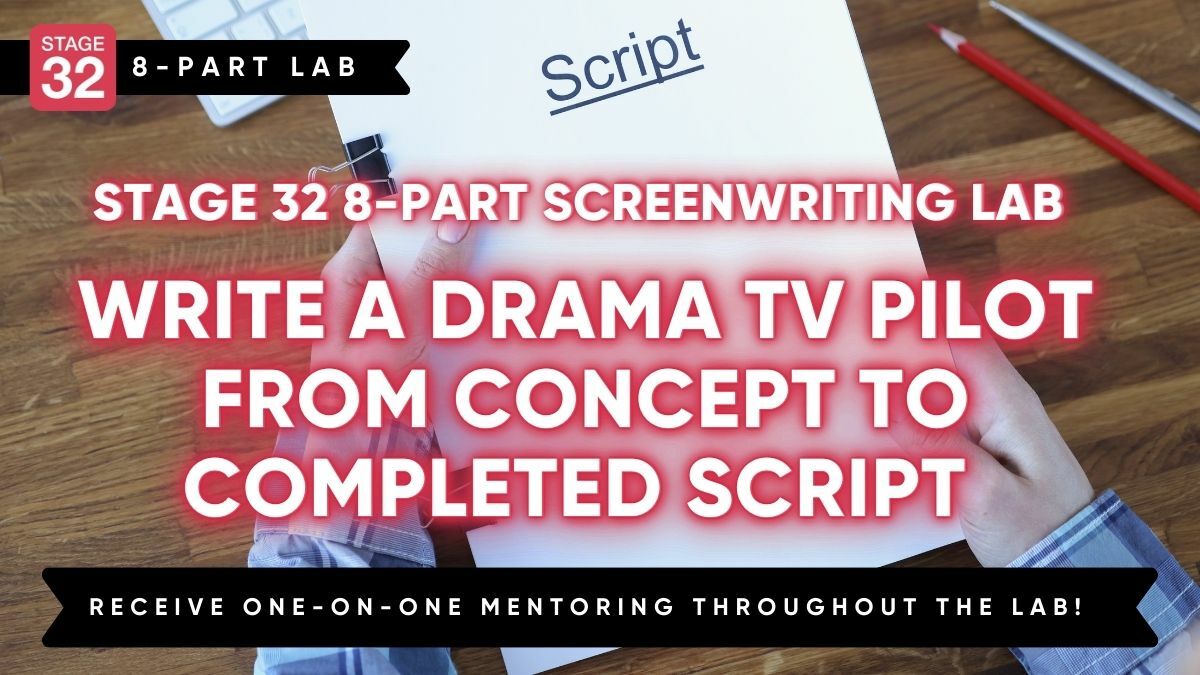As someone who has followed Blake Snyder’s Save the Cat closely, he seems to be obsessed with hitting a certain beat on a specific page. Catalyst on page 12, Theme by page 5, Debate moment on 25.
Honestly how important is it to strike these beats in these pages? Right now my Catalyst is on page 20, Theme stated on page 2, Debate moment on page 27. I’m not one to write for a page count, I believe in letting the story unfold naturally (within reason), but can anyone tell me exactly how important beat placement is within page counts? Or does the story simply need to have the structure in place.
Thank you!



I've read it. It's not for me. Way too stringent.
Is it important to strike those beats on those pages? It is if you follow his methodology and it isn't if you don't.
2 people like this
Throw that book away! It has done way more damage to the art/craft of screenwriting than you can even imagine. I knew Blake back in the '70s and knew his intention to create a 'guide'. It's been taken WAY out of context.
Yikes. I took a lot of his rules in terms of page counts and such lightly, knowing I’m not tailoring my story to land on certain pages but I also didn’t want to be too far off either. Not sure if there is an industry preference at all or just looking for a tightly woven story.
1 person likes this
Blake's books are great for new writers that are trying to figure out how films work. Blake and his writing buddy looked at a lot of movies and they noticed certain patterns. They aren't suggesting that's exactly how to write, just that they noticed certain patterns and that can help new writers better understand script structure and key points in the story.
How Blake describes the different parts of the story isn't much different than other methods like the Hero's Journey, the Mini-Movie method or any of the other ways to describe story structure.
That being said, the page counts and story beats work if the script/movie comes out to be around 90 minutes. Page counts move around a bit if the movie is 120 minutes like many modern movies.
What essentially holds is that most movies are three acts. There is an inciting incident around pages 8-10. Break into Act II around page 25 to page 30. Mid point is always the midpoint. All is lost is around pages 75-80. How the epiphany and the break in to Act III works depends on the length of the movie. Act III will then have a climax and a denouement.
Things can be moved around a lot if you're experimenting with story structures or using different story telling methods. Which structure you use depends ultimately on the story you're trying to tell.
2 people like this
I used it as a guide a few times but only as a guide. It seemed to help me when I was first starting out. However even using it as guide doesn't work with every screenplay. Like anything else nobody knows what will work for anyone.
1 person likes this
It doesn’t matter at all. I heard a podcast that had a live script breakdown using The Cat. There was a huge debate about something that was supposed to happen on 75 that may have happened on 74 or 76.
To quote Craig Mazin “These books are like asking a medical examiner how to have a baby.” These people are looking at the end result and guessing how it was made.
If they were correct every script that followed their pattern, formula, plan, framework or structure (whatever word they use to part a writer from their money) would be great. But they are not. So therefore there is only a coincidence not a causality.
What about all the non-linear movies? What are they a fluke?
1 person likes this
"Pulp Fiction" blows all that theory out the window.
When I started screenwriting in the mid-nineties I used to buy published scripts from Border’s Books in my town and get a sense of what to do. For years that’s how I operated until a buddy told me about the Cat and that it was good for structure. I’ve taken most of it lightly but the structure has been a good guide. I’ll admit it’s helped me overcome some issues from stubborn bad habits.
1 person likes this
I've never read STC, likely because what I hear about it sounds ridiculous.
Welcome!
1 person likes this
After studying structure and reading scripts for years, my feeling at this point is that for some genres and their industry-preferred structures, it's probably wise to at least try to hit certain plot points and beats at approximately certain places, but I don't believe that anyone reasonable expects all those things to fall exactly on certain pages. I hope not, anyway.
Also I'll say that I believe it's a mistake to attempt to conform your story to or cram it into the STC (or any other) structure theory. Like lots of people, I wrestled mentally with that for a couple of years or more and finally said "Enough! That can't be what everyone's doing." Now I'm letting my own instincts dictate the story while simultaneously trying to keep one corner of my eye on conventional structure. I predict that someday they'll converge.